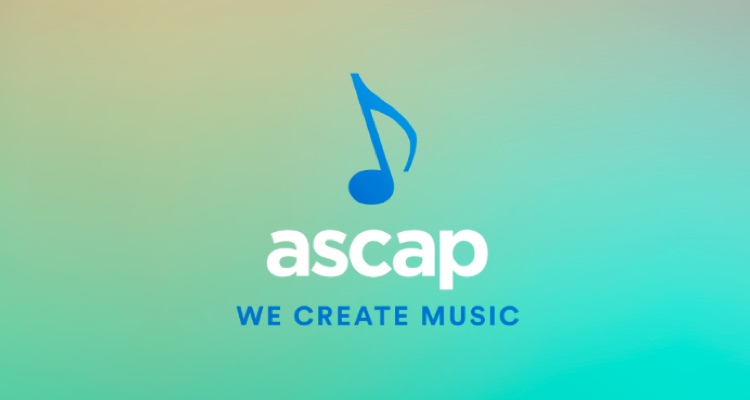ASCAP and BMI have officially responded to the Copyright Office’s performing rights inquiry, which was set in motion after lawmakers raised transparency concerns last year.
We covered those concerns – extending to the accuracy of public performance payments, the “increased costs and burdens imposed on licensees,” and more – back in September 2024.
Then, the Copyright Office in February 2025 kicked off the mentioned inquiry and set an April 11th deadline for comments. Unsurprisingly, ASCAP and BMI (besides others yet) provided responses as part of this initial feedback window.
And in the follow-ups – BMI’s comments span 30 pages, compared to 40 for ASCAP’s – the PROs touched on a number of overlapping points. Most notably here, both consent-decree-bound entities made clear their opposition to bolstered public performance regulations in the States.
“In sum,” Broadcast Music, Inc. wrote, “BMI strongly believes the U.S. market for the licensing of the public performance right benefits from free and fair competition.”
“ASCAP firmly believes that legislative action or regulatory action with respect to these issues is unnecessary and would ultimately disserve music creators,” echoed the American Society of Composers, Authors and Publishers. “We believe the free market and open competition benefits music creators and users alike.”
Similarly, the respondents addressed lawmakers’ concerns that small businesses are grappling with heightened licensing costs and burdens due to the growing collection of stateside PROs.
In a stance that’s unlikely to resonate with the congressmembers who set the inquiry in motion, ASCAP and BMI in more words urged public establishments to “program around” licenses.
“All venue owners have the right to choose whether or not they play any music and can similarly choose the music they play,” ASCAP added. “If a music user wishes to limit or reduce its PRO licensing fees, the music user can do so by programming around the need to take a given PRO’s license.”
“[M]ost other music users—including the vast majority of small businesses—do not need the ability to perform all musical works available in the United States and, therefore, need not secure licenses from all four domestic PROs,” BMI weighed in. “Businesses that perform a limited amount of music can elect, for example, to secure only a BMI license and limit their playlists to musical works in BMI’s repertoire.”
As for the fractional-licensing considerations at hand, ASCAP and BMI emphasized their jointly developed Songview database. The same PROs “are currently exploring the inclusion of GMR and SESAC data” in Songview, per the text.
With all that said, ASCAP and BMI each covered unique angles as well. The latter, for instance, dedicated several pages to pinning some of the possible licensing-confusion blame on “new entrants” Pro Music Rights and AllTrack.
“Based on a review of the publicly available information regarding two new entrants—AllTrack and Pro Music—and their respective repertoires,” the for-profit PRO communicated, “BMI appreciates these concerns and the difficulties faced by music users in determining whether to obtain a license from these entities and at what cost.”
And on the usage- and payments-accuracy side, ASCAP defended its practices and called out concert promoters’ approach to reporting.
“Where logging music usage is not a traditional process by music users or technology is not efficiently available,” ASCAP relayed, “we may see more data omissions and ASCAP will be required to exert more resources to fill those gaps. For example, as is most relevant to this NOI, live concert promoters have generally placed the burden on ASCAP to obtain that information.”
When it comes to monitoring establishments’ music usages with new devices in real time, ASCAP rattled off considerations pertaining to “tracking reliability,” “guardrails to prevent fraud,” “the cost of acquisition and implementation,” and a whole lot else.
Content shared from www.digitalmusicnews.com.

